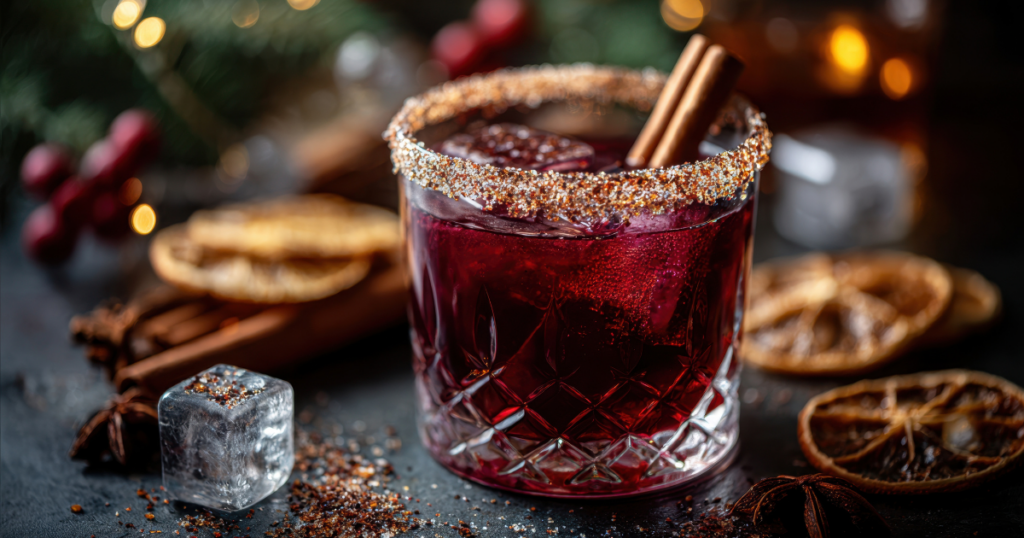As more people become conscious of their environmental impact, the demand for organic and sustainable wines has grown significantly. These wines are produced using eco-friendly practices that benefit both the environment and the consumer. Here’s a comprehensive guide to understanding and choosing organic and sustainable wines.1. What are Organic Wines?
Organic wines are produced from grapes grown without the use of synthetic pesticides, herbicides, or fertilizers. In addition to avoiding these chemicals, organic farming practices focus on maintaining healthy soil and promoting biodiversity. Organic wines can be distinguished by their certification, which ensures that the entire production process adheres to strict organic standards.
Certification: In the United States, organic wines must meet the criteria set by the USDA. This includes:
- Organic Grapes: Grapes must be grown without synthetic chemicals.
- No Added Sulfites: Organic wines in the U.S. must not contain added sulfites, although naturally occurring sulfites are permissible.
Benefits:
- Environmental Impact: Organic farming promotes biodiversity, improves soil health, and reduces chemical runoff into waterways.
- Health Considerations: Organic wines avoid the use of synthetic chemicals, making them a healthier option for consumers who are concerned about chemical residues.
Example:
- 2019 Bonterra Organic Chardonnay: This wine offers a well-balanced flavor profile with notes of green apple, pear, and a touch of oak, making it a delightful choice for those seeking an organic option.
2. What are Sustainable Wines?
Sustainable winemaking goes beyond organic practices, encompassing a holistic approach to environmental stewardship throughout the entire production process. This includes water conservation, energy efficiency, waste reduction, and social responsibility.
Practices: Sustainable winemaking practices focus on:
- Water Conservation: Efficient water use in vineyards and wineries.
- Energy Efficiency: Utilizing renewable energy sources and reducing energy consumption.
- Waste Reduction: Recycling and composting to minimize waste.
Certifications: Look for the following certifications to identify sustainable wines:
- SIP (Sustainability in Practice): A rigorous certification that covers a broad range of sustainability practices.
- Lodi Rules: A certification focused on sustainable farming practices in the Lodi wine region.
- Certified California Sustainable Winegrowing (CCSW): A certification that promotes sustainable practices in California’s wine industry.
Example:
- 2020 Frog’s Leap Sauvignon Blanc: Produced sustainably in Napa Valley, this wine features crisp and refreshing notes of citrus and green herbs.
3. Flavor and Quality
One of the common misconceptions about organic and sustainable wines is that they compromise on flavor and quality. However, advances in organic and sustainable farming techniques have led to the production of high-quality wines that can compete with conventional wines.
Taste: Organic and sustainable wines often reflect the true character of their terroir. Without the interference of synthetic chemicals, the natural flavors of the grapes and the influence of the soil and climate are more pronounced.
Quality: Modern organic and sustainable winemaking practices ensure that these wines are not only environmentally friendly but also of high quality. Many organic and sustainable wines have received high ratings from critics and awards in wine competitions.
Example:
- 2019 Domaine Carneros Brut Rosé: A sparkling wine made with organic grapes, offering vibrant flavors of strawberry and raspberry, and showcasing the quality that organic wines can achieve.
4. Notable Organic and Sustainable Wines
Here are some standout examples of organic and sustainable wines that demonstrate the exceptional quality and flavor that these eco-friendly practices can produce:
2019 Bonterra Organic Chardonnay:
- Tasting Notes: Green apple, pear, and a touch of oak.
- Why It’s Notable: Well-balanced and made from organically grown grapes, it exemplifies the potential of organic winemaking.
2020 Frog’s Leap Sauvignon Blanc:
- Tasting Notes: Citrus and green herbs.
- Why It’s Notable: Produced sustainably, reflecting a commitment to environmental stewardship while delivering a refreshing and crisp wine.
2019 Domaine Carneros Brut Rosé:
- Tasting Notes: Strawberry and raspberry.
- Why It’s Notable: This sparkling wine is made with organic grapes and offers vibrant flavors, highlighting the quality that can be achieved with organic farming.
5. How to Identify Organic and Sustainable Wines
When shopping for organic and sustainable wines, it’s essential to know how to identify them. Here are some tips to help you find these eco-friendly options:
Labels:
- Look for labels that indicate organic or sustainable certification. Certifications such as USDA Organic, SIP Certified, and CCSW will typically be displayed on the bottle.
Ask:
- Inquire with your wine merchant about the practices behind the wines they offer. Many retailers are knowledgeable about the sustainability practices of the wineries they stock.
Research:
- Do some research on wineries that are known for their commitment to organic and sustainable practices. Many wineries provide detailed information about their farming and production methods on their websites.
Local Options:
- Consider supporting local wineries that practice sustainable winemaking. Local wines often have a smaller carbon footprint due to reduced transportation needs.
Choosing organic and sustainable wines is a great way to enjoy delicious wine while supporting environmentally-friendly practices. These wines offer excellent flavor profiles and quality, often reflecting the true character of the terroir. By looking for certifications and asking questions, you can easily find wines that align with your values and contribute to a healthier planet. Visit Pina Wine & Spirits to explore our selection of organic and sustainable wines and find the perfect bottle for your next occasion. Our knowledgeable staff is here to help you discover wines that are both eco-friendly and exceptional in taste. Cheers to drinking sustainably!






